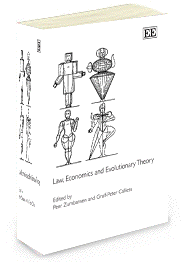The Evolution of Legal Education: Internationalization, Transnationalization, Globalization
By Simon Chesterman
This article examines the evolution of legal education as it has moved through international, transnational, and now global paradigms. It explores these paradigms by reference to practice, pedagogy, and research. Internationalization saw the world as an archipelago of jurisdictions, with a small number of lawyers involved in mediating disputes between jurisdictions or determining which jurisdiction applied; transnationalization saw the world as a patchwork, with greater need for familiarity across jurisdictions and hence a growth in exchanges and collaborations; globalization is now seeing the world as a web in more ways than one, with lawyers needing to be comfortable in multiple jurisdictions.
“[L]aw is a science, and … all the available materials of that science are contained in printed books. … We have also constantly inculcated the idea that the library is the proper workshop of professors and students alike; that it is to us all that the laboratories of the university are to the chemists and physicists, the museum of natural history to the zoologists, the botanical garden to the botanists.”
Christopher
Columbus Langdell,
Dean of Harvard Law School, 1887
“Students trained under the Langdell system are like future horticulturalists confining their studies to cut flowers, like architects who study pictures of buildings and nothing else. They resemble prospective dog breeders who never see anything but stuffed dogs. And it is beginning to be suspected that there is some correlation between that kind of stuffed-dog study and the over-production of stuffed shirts in the legal profession.”
Jerome Frank,
Report to the Alumni Advisory Board of the University of Chicago Law School,
1932
Legal education has always borne an ambiguous relationship to the practice of law. Is a law degree a technical qualification, like carpentry or medicine, or a serious field of intellectual inquiry, like philosophy? The uncertain answer to that question is evident in the fact that so many jurisdictions require a professional qualification administered by the local guild — a pupillage, or a bar examination — as well...

